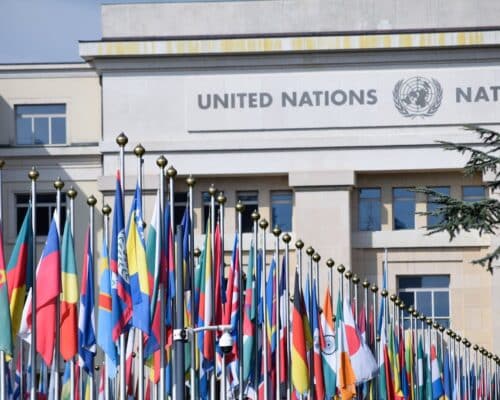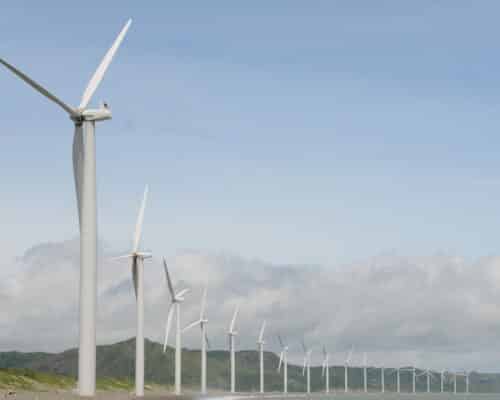Articles

Southeast Asia Economy: Waiting for Green Investments
A new report by Bain & Company, GenZero, Standard Chartered and Temasek emphasises the necessity of significant investments to bolster the green energy shift in Southeast Asia. It highlights the inadequate current actions towards this transition and notes the challenge of meeting decarbonisation objectives amid rising energy needs in the region.
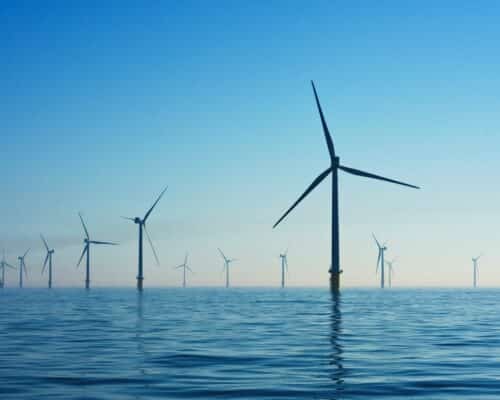
The Climate Leadership of the G7 Now Hangs on Japan
Without ensuring that all members share the same views regarding the energy transition, the G7 will have difficulty leading global climate policy. Convincing Japan of the urgency of phasing fossil fuels out and accelerating clean energy adoption is integral before the G20 and COP29 meetings later this year.
Top 7 Green Technology Examples in 2024
Green technology will undoubtedly be the leading driver for climate mitigation and the green energy transition, but technology alone is not enough. The adoption of nature-based solutions and reducing overall energy demand should also be considered an integral part of the world's decarbonisation plans.

5 Biggest Advantages and Disadvantages of Natural Gas
There are several pros and cons to using natural gas. While it is still a fossil fuel, it produces significantly less carbon dioxide than coal and oil. Yet, on the flip side, poor production practices, leaking transportation pipelines, and extreme price volatility raise questions about if it really is worth investing in.
Greenwashing Examples 2024: Top 10 Greenwashing Companies
With a global push underway to reduce carbon dioxide emissions and fight climate change, the...
Climate Change in Singapore: Impact, Response and Goals
Singapore's location and geography make it highly susceptible to the impacts of climate change. As a result, the country is implementing a wide array of policies to reduce its greenhouse gas emissions and prepare for predicted future climate impacts.
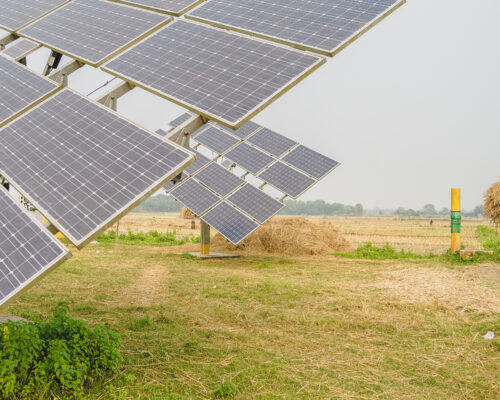
Solar Energy In Bangladesh: Current Status and Future
Bangladesh generates 99% of its energy from fossil fuels. However, it has several renewable energy targets for 2030 and 2040 that require significant financial and time investments. Solar power will play an essential role in reaching these targets, and Bangladesh can't afford to postpone the transition in favour of LNG.
Renewable Energy in Singapore: Sources, Plan and Strategy
Over 95% of the energy currently consumed in Singapore is from LNG and oil. However, the country has robust renewable energy targets for the next several decades, largely driven by local solar energy production and importing clean energy from neighbouring countries.

Renewable Energy in the Philippines – Current State and Future Roadmap
The Philippine's is quickly becoming a renewable energy leader in Asia, with its ambitious targets and plans to contribute and reach net-zero.
Renewable Energy Investments in Vietnam in 2024 – Asia’s Next Clean Energy Powerhouse
The boom of renewable energy in Vietnam has made the country a global leader in sustainability and a top clean energy investment destination.
Potential of Renewable Energy in Japan
Japan's road towards renewable energy dominance in the country's mix won't be smooth, it is feasible and will unlock several energy investment opportunities.
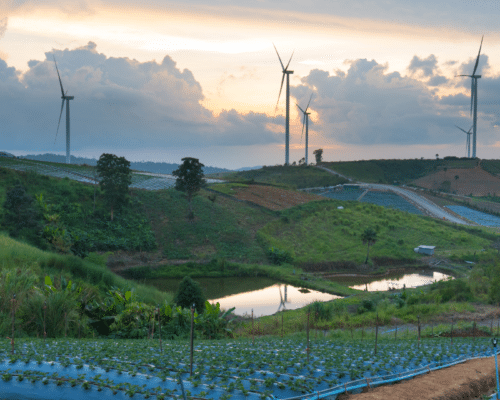
Renewable Energy in Indonesia – Current State, Opportunities and Challenges
The growth of renewables in Indonesia is soaring. It is no wonder that it is one of Southeast Asia's leading nations in terms of clean energy.
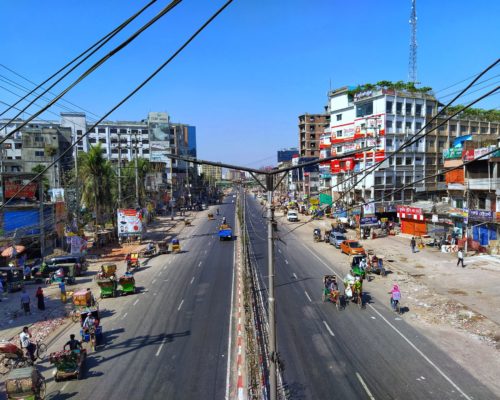
Renewable Energy in Bangladesh – Current Trends and Future Opportunities
Renewable energy in Bangladesh is a sector with vast room for growth. As of 2024,...
Music and the Environment: How are Streaming Companies Impacting the Climate?
The link between music and the environment is in the spotlight due to the growing popularity of music streaming and data centres' rising GHG emissions. Music streaming companies need to engage with innovation and ensure that sustainable operations don’t come at the expense of listeners.
